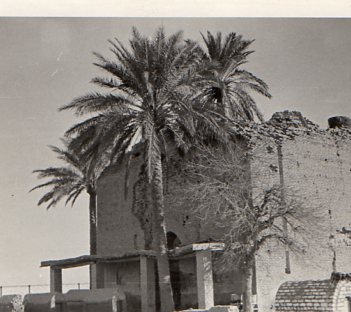NATO Chief Anders Fogh Rasmussen said today (August 22, 2011) "NATO wants the Libyan people to be able to decide their future in freedom and in peace." Dare I hope that the statement is sincerely meant? Or am I being naà �ve?
At the start of the Arab spring in Tunisia followed by Egypt, the West was hesitant in its support of the revolutionary young. Remarks such as "Mubarak is not a dictator" by Joe Biden, or the French offer to the Tunisian President of sending French advisers and equipment to help him deal with demonstrators, underscored their support for despots; not much concern for human rights there. As far as they were concerned, the model of controlling the Arab world and its resources through dictators that they could bribe and control had served them well. It is much easier to control a despot who rules by instilling fear in the people than having to deal with the messy business of democratically elected leaders and institutions.
Western powers, then, quickly realized that what was happening in the Arab world was far more profound, and that the Arab masses had broken through the barriers of fear that had imprisoned them for decades. The old model of control had passed its sell by date. The revolution sweeping the Arab world has forced the West to change its attitude. Britain's Foreign Secretary William Haig's remark during the Egyptian revolution that this was an important moment in the history of the region, and the West needed to be on the right side, is a testament to the shift in western policy.
It is really not too difficult to see that it is possible to work cooperatively to achieve benefits for all. The Arabs have the oil; they cannot use it all; they want to sell it. The West needs it and wants to buy it at a fair price (it is hoped). The Arab people want to develop their countries to the benefit of their population, and are eager to buy the technology and expertise from the West.
I am therefore optimistic that western powers, more or less, mean what they say and realize that their interest is better served by being on the side of the people with reciprocity of self interest and respect between the peoples of the Arab and western worlds. Mr. Cameron's statement on Libya (August 22, 2011) contained some important principles:
"I spoke to Chairman Jalil last week, and will be speaking to him again, to agree with him the importance of respecting human rights, avoiding reprisals, and making sure all parts of Libya can share in the country's future."
The people of Libya and for that matter the entire Arab world have for so long been subjected to cruelty, torture, and sheer inhumanity at the hands of the tyrants' security and military personnel. The urge for reprisals and revenge is strong but it must be strongly suppressed. Mr. Cameron is right to emphasize that point for the sake of Libya and the West.
Mr. Cameron continued:
"The situation in Tripoli is clearly very fluid today and there can be no complacency. Our task now is to do all we can to support the will of the Libyan people, which is for an effective transition to a free, democratic and inclusive Libya."
In the days ahead, the Libyan people will be able to judge if western actions match the fine rhetoric. The emphasis on inclusivity is important to avoid the sectarianism, regionalism and ethnic tensions that have plagued the defective "democracy" in Iraq. The revolutionaries in Libya have the two examples of Tunisia and Egypt to guide them through the next difficult stage. I want to believe that the West has really turned a page and wants to deal with the Arabs on the basis of mutual respect and a genuine shared interest.
I hope the Libyan people will be given the space to choose their own government free of interference and pressure and I do hope, Mr. Cameron, you will live up to your fine rhetoric.





